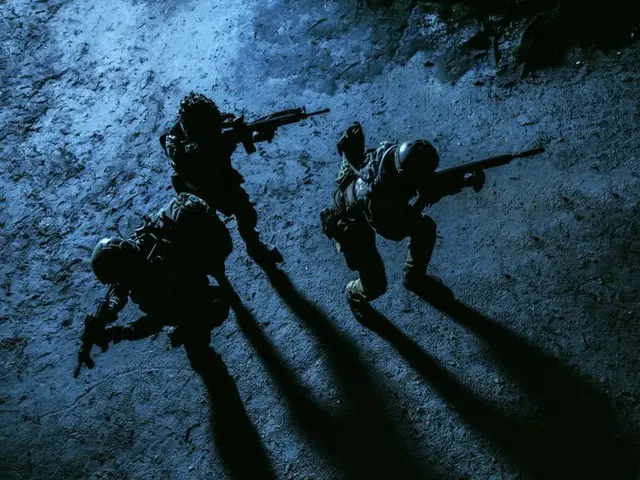"Israel must immediately cease its military attacks in Rafah and all other actions," the ICJ said in a hearing held in The Hague this afternoon.
The court also ruled that Israel was "at risk of physically destroying, in whole or in part, the living conditions of the Palestinian people in the Gaza Strip."
They called for the opening of the Rafah checkpoint leading to Egypt to allow humanitarian assistance and for unrestricted access to investigate the situation on the ground.
The ICJ also called on Hamas to immediately and unconditionally release the Israeli hostages.
The ruling came after South Africa filed a lawsuit against the ICJ on the 10th over Israel's attack on Rafah.
The ICJ has requested that the court issue an emergency order to stop the Israeli occupation of the country from engaging in genocide.
The ICJ's decision comes after Israeli Prime Minister Benjamin Netanyahu and Defense Minister Yoav Galant were indicted on charges of "war crimes" by the International Criminal Court (ICC) on the 20th.
The ICJ's additional order is expected to intensify international pressure to end attacks on the Gaza Strip and agree to a ceasefire.
However, considering that Israel has maintained that the Gaza war was justified and has not followed the ICJ's orders, it is likely that it will refuse to follow them again this time.
The CJ's temporary order is legally binding, but the ICJ does not have the power to enforce it. UN Secretary-General Antonio Guterres said on the 24th (local time) that the International Court of Justice (ICJ), the UN's highest court,
He called the ICJ's decision ordering Israel to immediately halt attacks on Rafah, on the southern tip of the Gaza Strip, a "binding decision."
2024/05/27 08:50 KST
Copyrights(C) Edaily wowkorea.jp 88

